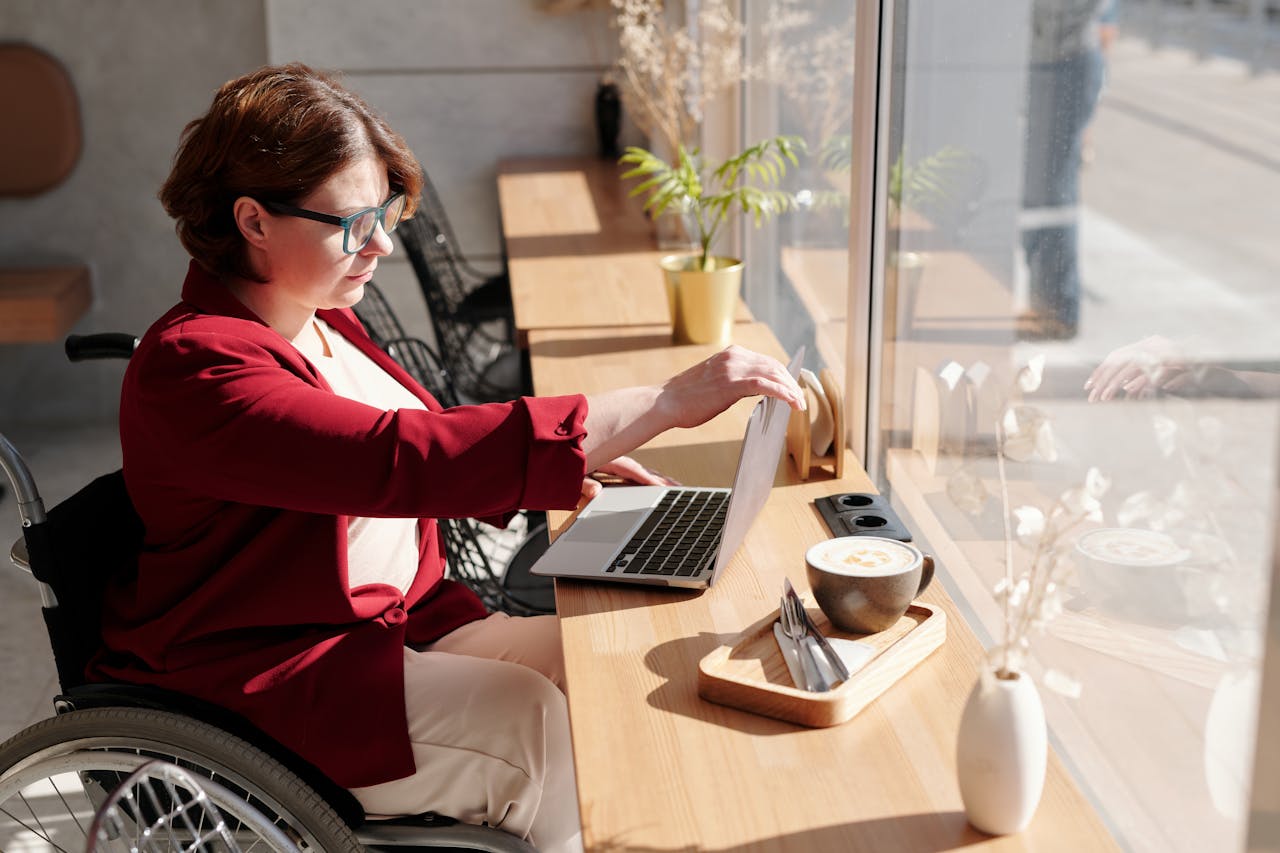Celebrating Abilities: The Power of Positive Language Around Disability

In our daily lives, we often overlook the significance of the words we choose, especially when discussing disability. Using empowering language can have a profound impact on promoting inclusivity and breaking down barriers. This blog explores why it’s vital to always speak about disability positively, highlighting key benefits and sharing personal stories that emphasize the importance of this approach.
Promoting Inclusivity and Diversity
Language shapes our perception of the world. By using positive terms for disability, we promote inclusivity and diversity in all aspects of life. This approach ensures that individuals with disabilities are seen as integral members of our communities, deserving of the same opportunities and respect as everyone else. It encourages a culture where everyone feels valued and included, regardless of their abilities.
Focusing on Abilities
One of the main reasons to use positive language is to highlight what individuals with disabilities can do rather than what they can’t. This shift in focus can lead to greater recognition of their skills and talents, opening doors to new opportunities. For instance, I have a friend who, despite a physical disability, excelled in their career due to a supportive workplace that focused on their abilities. By recognising and nurturing these strengths, we empower individuals to reach their full potential.
Breaking Down Stigma and Misconceptions
Stigma and misconceptions about disabilities are pervasive in society. Using positive language helps to dismantle these harmful stereotypes. When we speak about disabilities in a considerate and respectful manner, we challenge outdated notions and encourage others to do the same. This can lead to a more understanding and accepting society that supports and uplifts those with disabilities.
Fostering a Supportive Society
A society that embraces positive language and attitudes towards disability is inherently more supportive. This mindset fosters an environment where individuals with disabilities feel understood and valued. I once attended a community event where accessible language and positive attitudes were the norm. The inclusive environment created meaningful connections and support networks, proving that positive language can have tangible benefits.
Encouraging Innovation and Accessibility
Positive language also sparks adaptive thinking and innovation. When we focus on creating solutions that accommodate various abilities, we drive advancements in technology, design, and infrastructure that benefit everyone. This approach leads to a more accessible world, where barriers are minimized, and people of all abilities can thrive. Language is the first step towards fostering this innovative mindset.
Enhancing Self-Identity and Mental Well-being
The words we use can significantly impact an individual’s self-identity and mental well-being. When we refer to people with disabilities using empowering and respectful terms, we contribute to a positive self-image. I recall a personal experience where shifting from the term “disabled” to “differently-abled” changed my perspective entirely. This simple change empowered me to see my contributions in a new light and boosted my confidence.
Conclusion
In conclusion, speaking positively about disability is more than just a matter of politeness; it’s a powerful tool for change with far-reaching implications. Positive language promotes inclusivity by ensuring that individuals with disabilities feel welcomed and valued within their communities. It highlights the unique abilities and strengths that each person brings to the table, encouraging a shift in focus from limitations to capabilities. Moreover, using affirmative language helps to break down long-standing stigmas associated with disabilities, fostering a more supportive environment where individuals can thrive.
This shift in language not only encourages innovation by inviting diverse perspectives into problem-solving but also enhances self-identity for those living with disabilities. When we adopt positive language, we empower individuals to embrace their identities proudly and contribute to society without fear of judgment. By creating a culture that values and celebrates diversity, we can build a society that not only recognizes the richness brought by various experiences but also actively works towards equality and acceptance for all.